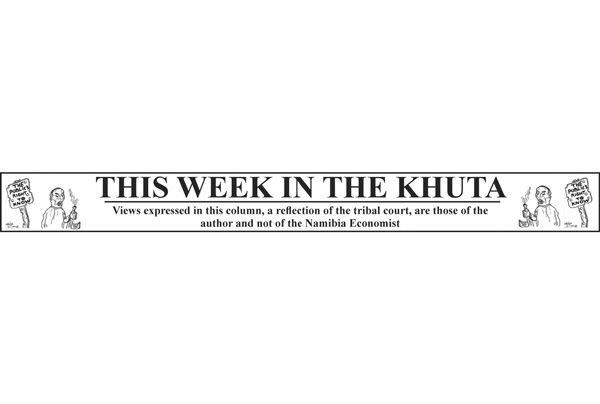
Statement by tourism minister, assuring tourists of their safety and welfare

The recent violent attacks on our tourists concern me as I fear they have the potential to ruin our reputation as a preferred tourism destination.
The safety and security of tourists is the primary concern of every host country because tourists will only visit areas where their lives and property are protected. The government, in particular the Ministry of Environment and Tourism as custodian of this industry, values our visitors who make Namibia a destination of choice and come from across the world to see and experience our beautiful country and its people.
Tourism is a significant sector that generates revenue that is injected into our developmental needs and [it helps] to keep our economy afloat. Given the tremendous growth of tourism and equally the increase of safety and security concerns globally, every country is trying to gain a competitive advantage to attract and increase tourist inflows. We are cognizant that the success or failure for Namibia to remain a tourism destination of choice depends on being able to provide a safe and secure environment for travellers.
Therefore, the information that a suspect of crime against tourists was convicted and sentenced to 1 year imprisonment in Walvis Bay last week and 3 more who robbed tourists of N$24 000 were found guilty and are awaiting sentencing on Monday, is the most welcome news to me and the entire tourism sector.
The Ministry of Environment and Tourism together with all stakeholders and the Namibian Police have given our commitment that no single act of crime against tourists will be condoned. Impunity is unacceptable.
I would like to thank the Namibian Police, the Erongo Regional Commander in particular and his team for their vigilance and handwork and commend them on this positive achievement in our drive to curb the current ongoing tourist attacks and violence.
I want to extend my appreciation to the tourism industry for the continued support and assistance in this quest. It is difficult to make strides and achieve a successful conviction in any crime incident without information and assistance from the public, I therefore also like to sincerely thank the public at large for embracing and making tourism their business.
Any small gesture counts in making Namibia a safe and memorable destination to visitors. The milestone reported is a step in the right direction, but lots still need to be done. As I stated on a number of occasions, curbing crime against tourists is a matter of priority to my ministry. We have made it central to our tourism development agenda in this year’s Annual Plan and my goal is to see a Tourism Sector Safety and Security Strategy finalised this year.
I would like to call upon all Namibians to ensure the safety and security of all our visitors and tourists wherever they are in Namibia. The Namibian Police alone will not succeed without public cooperation and the full support of all of us. Let us all safeguard our economy by reporting every suspicious act towards our tourists to our law enforcement agencies.
Tourism is Namibia’s economic safety net. Hence, we should regard crime against our visitors and tourists as a serious economic crime. No one should be allowed to commit such crime with impunity. We call on the judiciary to use its unfettered discretion to impose heavy penalties to all perpetrators, after conviction, to deter others from committing similar crimes against our visitors and tourists.
Lastly, I call again on us all to remain vigilant and rededicate ourselves to protect and guard our industry and economy. Until reduced to zero, crime and violence against tourists remain a challenge and probably one of the single biggest threats to the tourism industry.
Pohamba Shifeta, MP
Minister of Environment and Tourism
Windhoek
17 October 2018










































